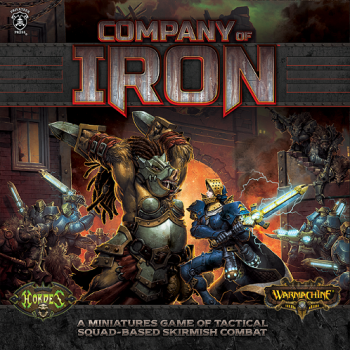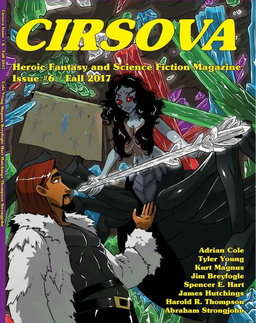 Another month, another roundup. While I’m still dubious of any sort of serious swords & sorcery revival, there is most definitely a renewed interest in the older roots of fantasy and science fiction going on. Howard Andrew Jones is editing a new magazine, Tales from the Magician’s Skull, that is inspired by Gary Gygax’s fabled Appendix N. The folks at Castalia House have built up a serious following based on their love of pulp and Appendix N. One of the most serious proponents of some sort of pulp restoration is P. Alexander, editor of Cirsova magazine.
Another month, another roundup. While I’m still dubious of any sort of serious swords & sorcery revival, there is most definitely a renewed interest in the older roots of fantasy and science fiction going on. Howard Andrew Jones is editing a new magazine, Tales from the Magician’s Skull, that is inspired by Gary Gygax’s fabled Appendix N. The folks at Castalia House have built up a serious following based on their love of pulp and Appendix N. One of the most serious proponents of some sort of pulp restoration is P. Alexander, editor of Cirsova magazine.
The latest issue of Cirsova, #6, is 126 pages long and contains seven stories and an installment in an ongoing epic poem about John Carter of Mars. There’s more of a science fiction emphasis in this issue than suits my tastes at present, but that doesn’t detract from its general high quality.
The magazine kicks off with “The Last Job on Harz,” by Tyler Young. When a party of miners is wiped out in horrible fashion on the planet Harz, two government agents are sent out from Earth to investigate and protect the interests of the Company. The Company, properly known as Universal Resources, is one of those monolithic businesses found across science fiction. The agents quickly discover that some heretofore unknown entity, in fact a whole herd of entities, is at large on Harz.
Aside from the overly familiar basic plot of the story and its too-obvious conclusion, “The Last Job on Harz” skips out on most of the action. Maybe it’s just me, but in a story featuring creatures described as a cross between a praying mantis and a kangaroo and with “an armored, segmented body, long arms ending in curved claws, and a narrow insect-like head,” I want more of them. Too much of the tale is given over to not very exciting detective work, and the most interesting of that takes place off camera.
“Death on the Moon” by Spencer H. Hart, flips the setup of the previous tale. Bert Henderson is an agent from one of those sci-fi monopolies, in this case, Phillips Atomics. He’s sent to the Moon to investigate a murder and soon finds himself swept up in a plot involving gangsters, a scientist, and his (of course) lovely daughter. Set in a mythical post-WWII world where space travel and lunar colonies came to pass, it has a good hardboiled atmosphere, and plenty of whiz-bang chrome-plated-rocketship details.
…
Read More Read More
 Like most other writers, I’ve given all kinds of readings, from story books to pre-schoolers (supporting early literacy) to academic papers on 18th-century pastoral poetry (supporting my academic career). I’ve had everything from great experiences (the kids really liked the animal noises) to eye-rolling ones (someone should have told the hotel hosting the NEASECS Conference that we would need lecterns) to amazing ones (people turned out at 8:30 on a Saturday morning to hear about the georgic).
Like most other writers, I’ve given all kinds of readings, from story books to pre-schoolers (supporting early literacy) to academic papers on 18th-century pastoral poetry (supporting my academic career). I’ve had everything from great experiences (the kids really liked the animal noises) to eye-rolling ones (someone should have told the hotel hosting the NEASECS Conference that we would need lecterns) to amazing ones (people turned out at 8:30 on a Saturday morning to hear about the georgic).

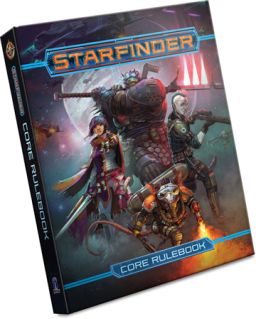
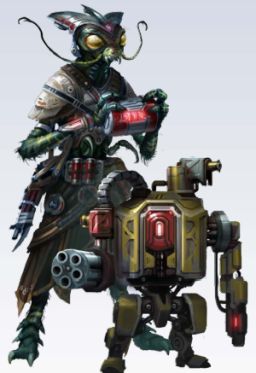
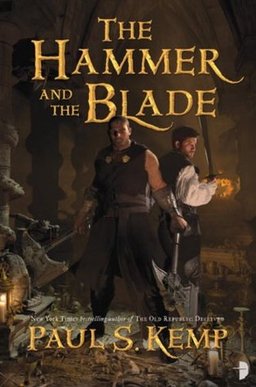
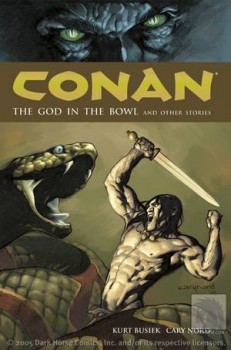
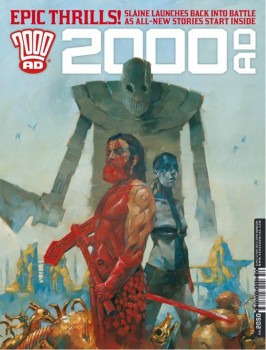
 Those who know me, or who have read some of my previous posts on the subject, know that I’m a big fan of anthologies, particularly those featuring original stories. For my general remarks on the subject, you can look
Those who know me, or who have read some of my previous posts on the subject, know that I’m a big fan of anthologies, particularly those featuring original stories. For my general remarks on the subject, you can look 